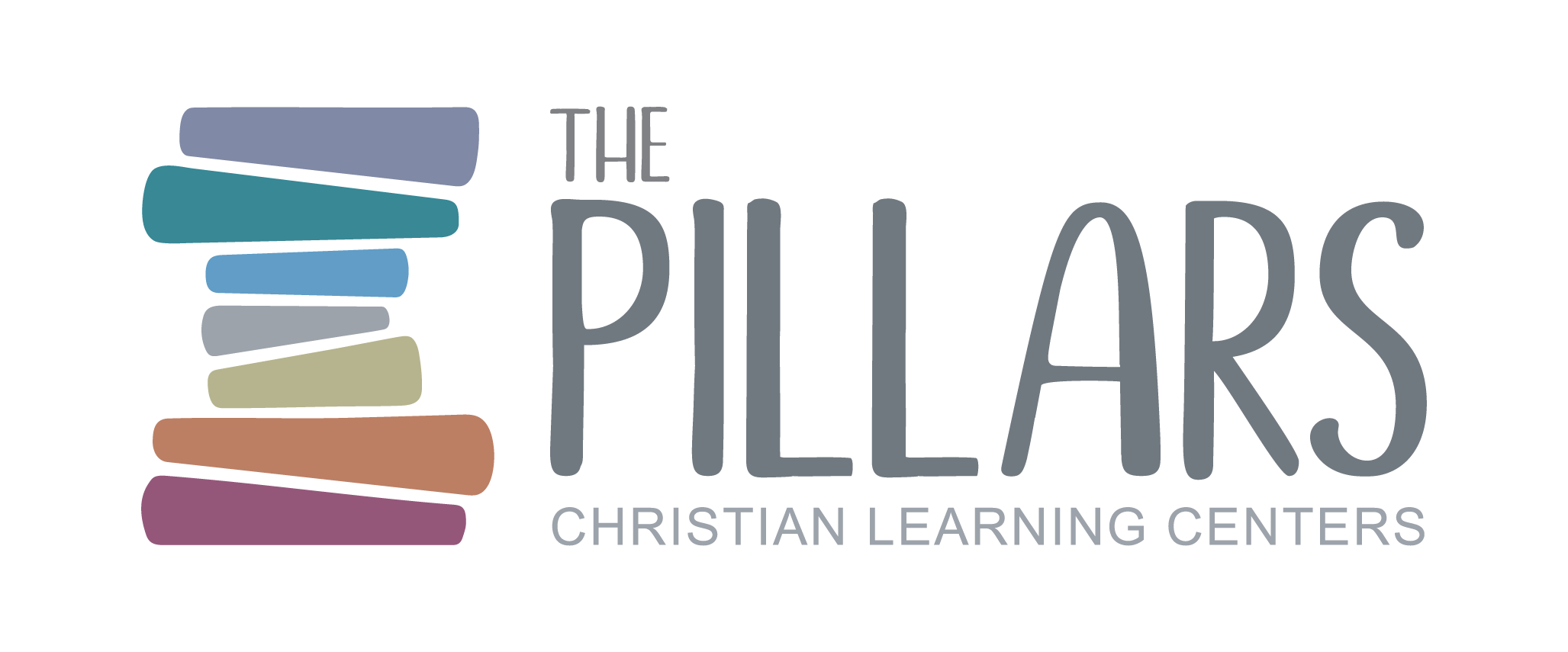None of us will go through life without encountering some degree of conflict from time to time. Conflicts are a normal part of life for both adults and children. Even preschoolers will face the occasional conflict, such as minor friendship issues, disagreements, and misunderstandings at school. Building and maintaining friendships isn’t always a smooth ride for young children, and they will encounter bumps on the road from time to time. This is why it’s important for us to teach our little ones the skills needed for conflict resolution.
One of the most important skills preschoolers can be taught is how to resolve conflicts before they escalate to a bigger problem or fight. This is crucial because this will help them maintain healthy friendships, develop social skills, and interact with others with respect and understanding. Conflict resolution skills also help young kids to effectively express their thoughts and opinions, while listening to those of others.
There’s no better time to teach conflict resolution skills to your kids than now. You can equip your child with the skills he or she will need to tackle tricky social situations with these helpful tips!
Calm down
Taking a moment to calm down is a great starting point when faced with any type of conflict. This holds true for both adults and kids alike. It is best to detach from the situation first, before approaching a conflict head-on, so that we take the necessary time needed to process our thoughts and emotions.
If possible, try to separate your child from the situation for a bit so that he or she can take a breather. Take your little one for a walk or to a cozy spot. The goal here is to give children time to take deep breaths, reflect, and clear their minds so they can figure out exactly what is making them upset.
Figure out what’s wrong
Once your little one has calmed down, you can begin to find out more about what went wrong. Be sure to listen to your child objectively without any prejudice. Ensure that your child feels comfortable to share honestly about what happened, and how he or she feels about it. This conversation should never make a child feel blamed or judged for his or her actions, because the goal is to address the conflict.
Encourage listening
Effective communication is key when it comes to resolving conflicts, and listening is an important skill needed for effective communication. It’s important for young kids to learn the importance of respectfully discussing their thoughts and feelings. At the same time, they also need to learn how to listen to what their peers have to say. This may be challenging, especially when a child is upset, but this is why it’s important to approach conflict resolution after a child has had some time to calm down and is ready to address the conflict.
Teach empathy
Another important thing preschoolers need to learn about when resolving conflicts is empathy. When they begin to open their minds to understanding each other’s points of view and feelings, and learn how to put themselves in another person’s shoes, it will be easier to bridge the gap between them. This helps pave the way for an apology, and hopefully alleviate any lingering negative feelings.
To teach empathy, children should be encouraged to put themselves in the place of the other child. You can ask questions such as, “How would you feel if it was your toy that was destroyed?” or, “How would you react if it was your food that was spilled on the floor?” Whether or not they are at fault, young kids need to learn how to be considerate of other people’s feelings, and take responsibility for their own actions in each situation.
Find solutions together
As parents, we may be tempted to suggest solutions that we think are best to fix the problem. However, it’s highly recommended to involve children in formulating solutions to their own conflicts. Not only is this a good way to help develop their problem-solving skills. This will also teach them the value of accountability and responsibility.
A solution doesn’t have to be complicated. The important thing is that each solution is fair and mutually beneficial to everyone involved.
Conflict is an inevitable part of life for children and adults. No matter how much we may try to protect our kids, they will experience conflict at some point or another. The best thing we can do is give our children a solid foundation of conflict resolution skills to help them as they learn to navigate and maintain healthy and meaningful friendships.
Here at The Pillars Christian Learning Center, an important aspect of our curriculum is helping young kids develop their social skills. Visit us to learn more!
